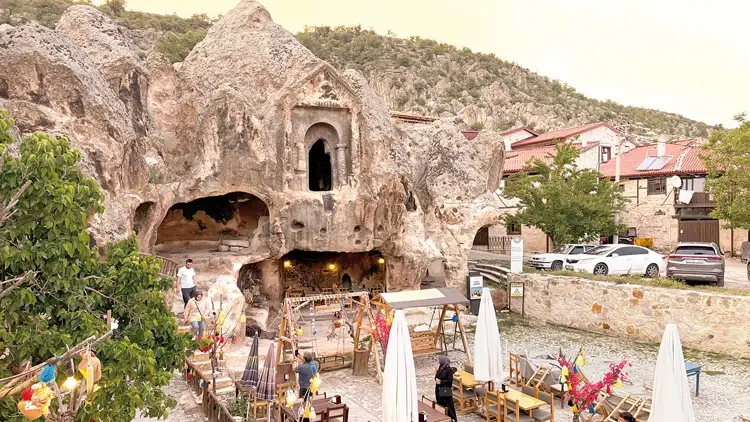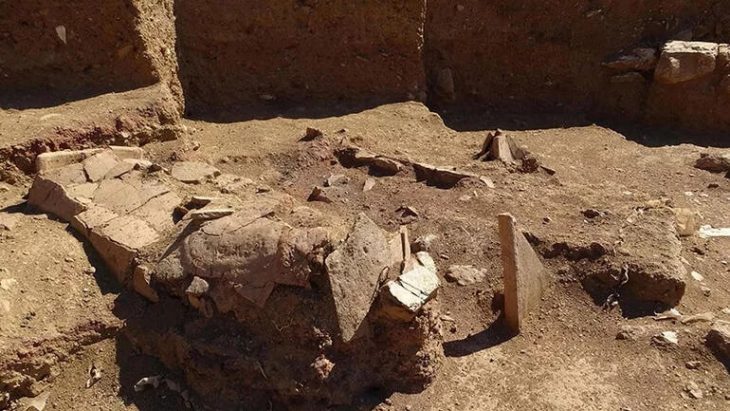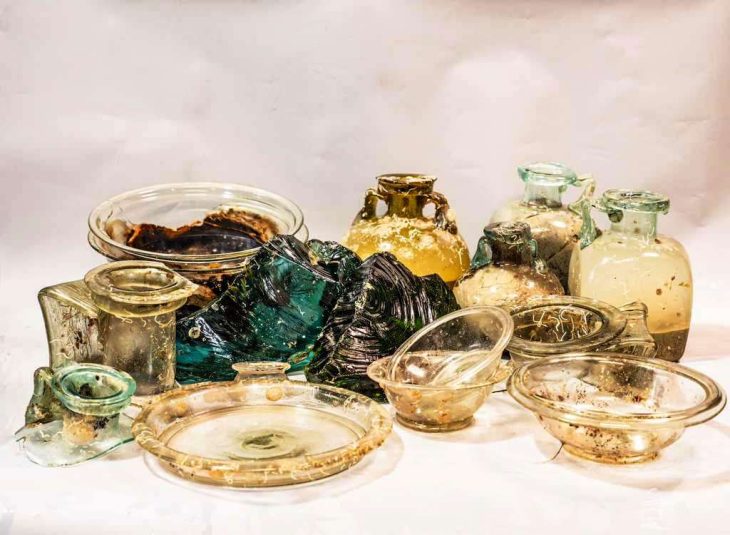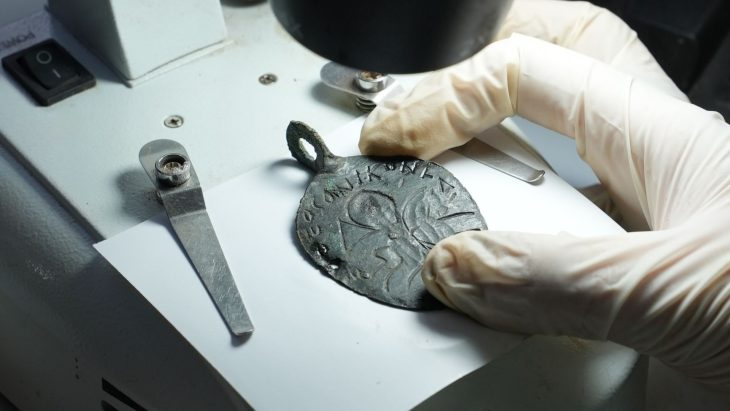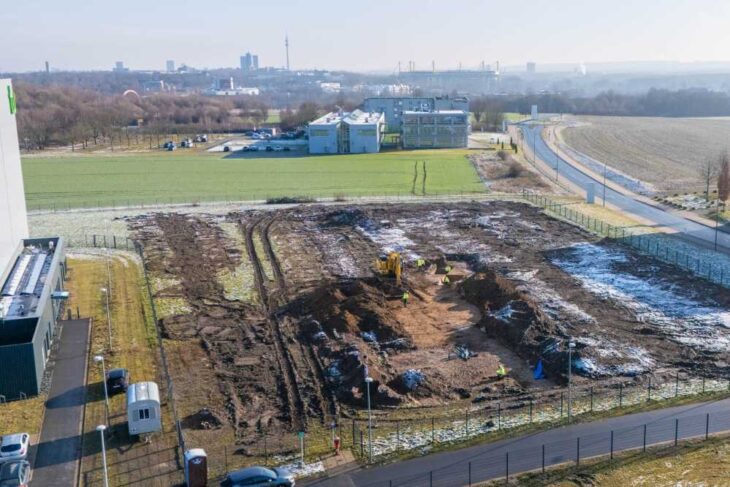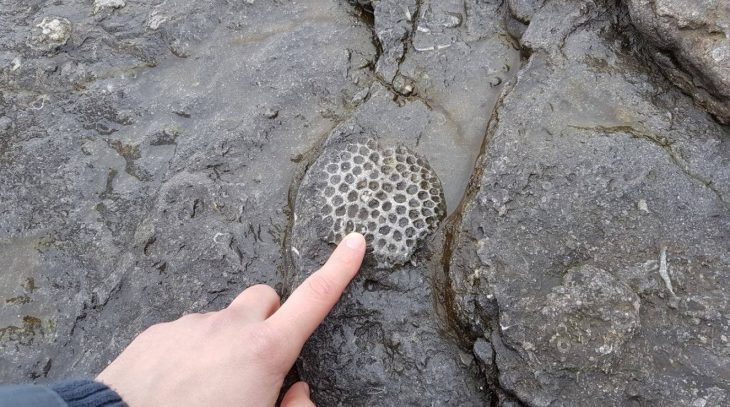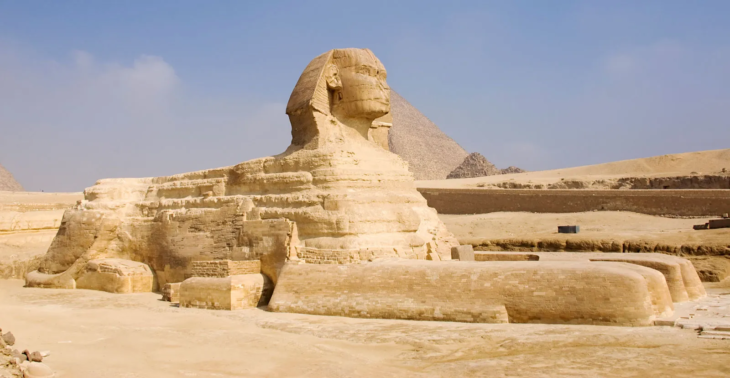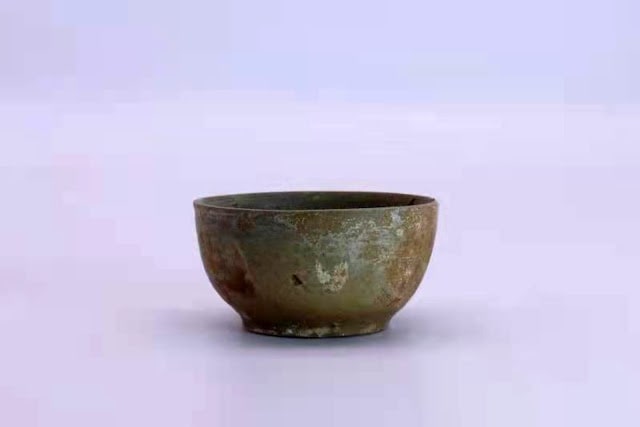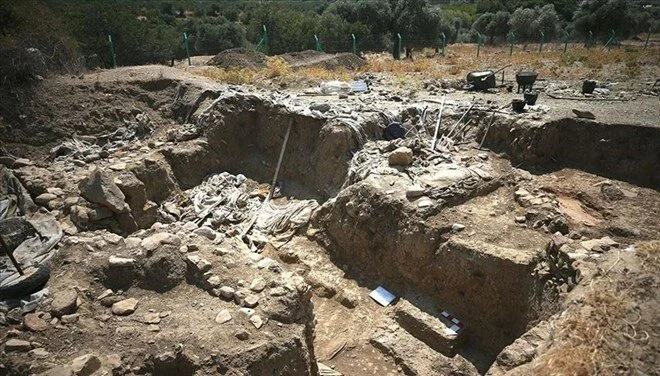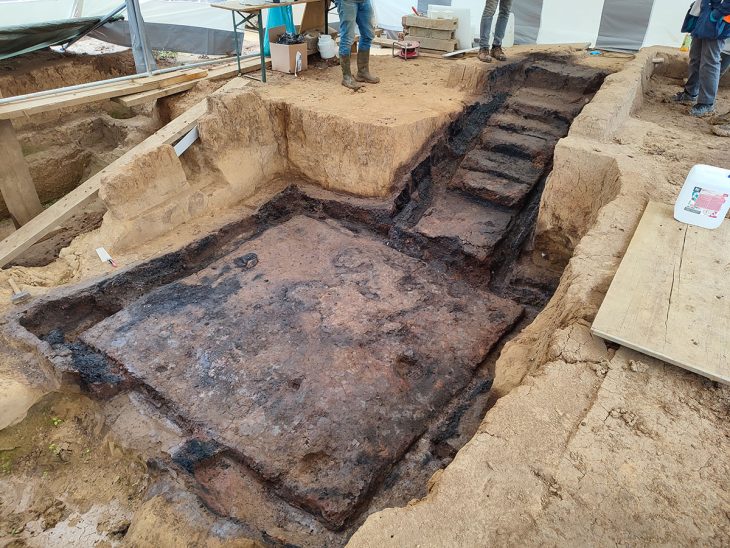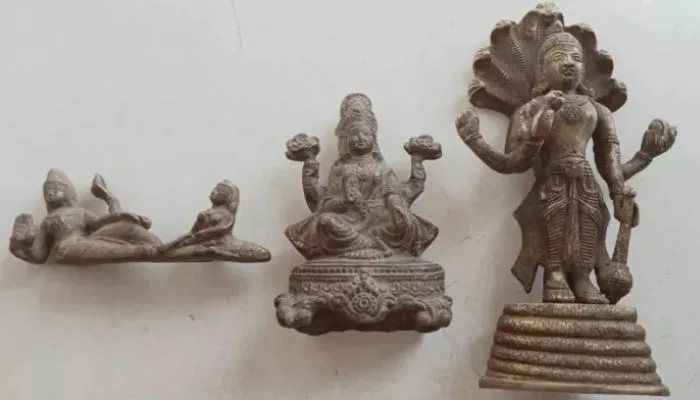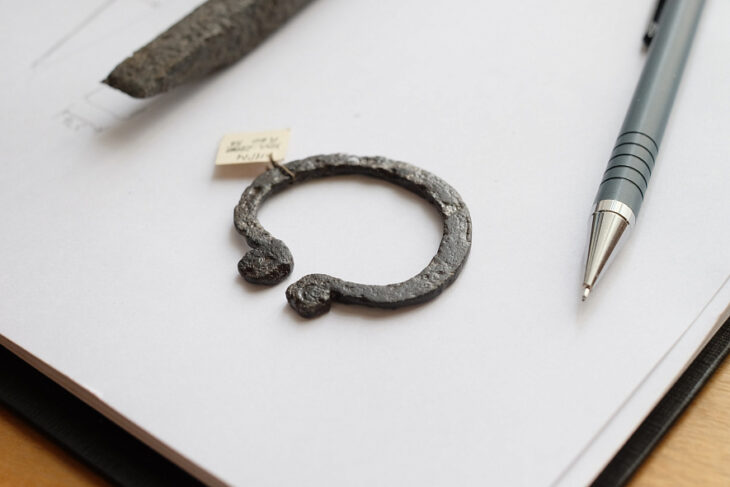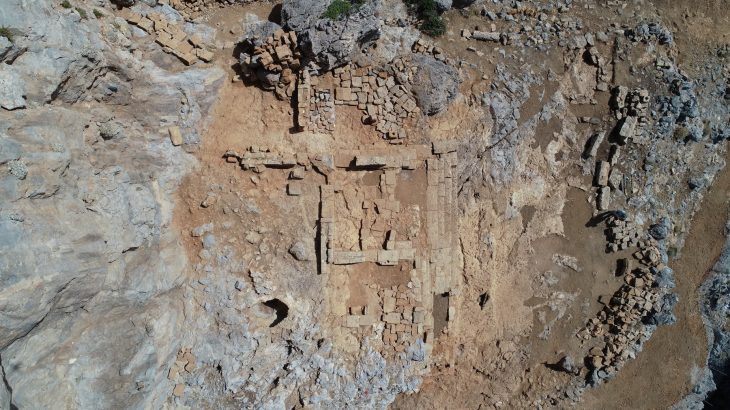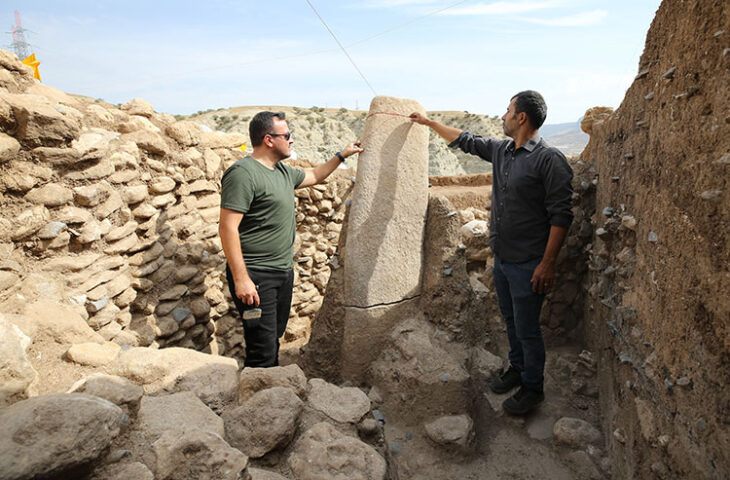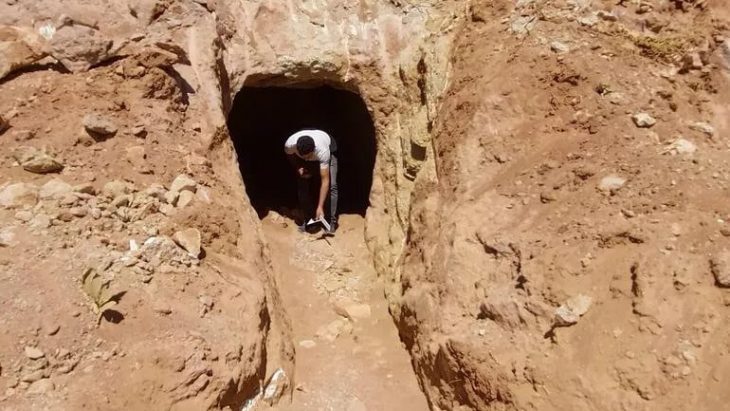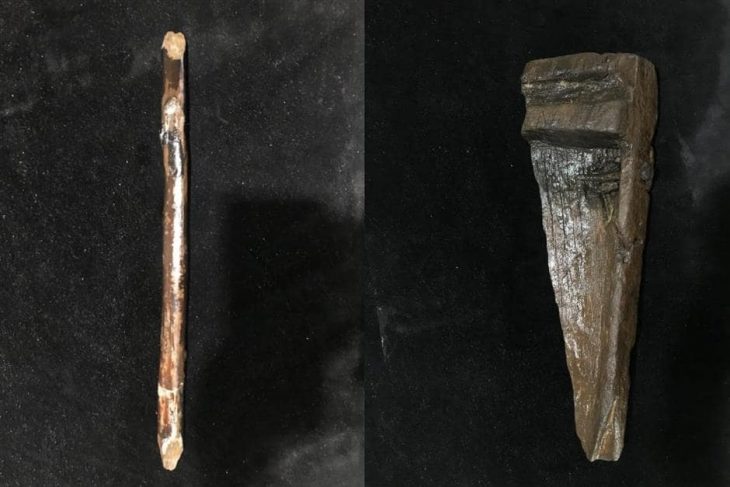A 3,000-year-old rock-cut tomb located in the historical Phrygian Valley—hailed as Türkiye’s “second Cappadocia” and listed on the UNESCO World Heritage Tentative List—has become the center of a cultural scandal after being illegally converted into a café-restaurant.
The story was first reported by Salim Uzun of Hürriyet, and it has since sparked nationwide outrage among archaeologists, heritage officials, and the general public.
The tomb, situated in the Ayazini village of Afyonkarahisar province, was found to have been transformed by a private business operating under the name Taş Bahçe (“Stone Garden”). Despite being a protected archaeological site, the chamber was furnished with carpets, couches, ornamental decorations, electric wiring, lighting systems, and even a chimney-based heating unit. The modifications were made without any authorization from Türkiye’s Regional Conservation Council.
From Sacred Tomb to Commercial Venue
Photos and videos shared on the café’s social media accounts showcased the once-sacred tomb as a cozy seating area, captioned “The glory of the stone rooms.” Transparent doors were installed for winter use, while swings were placed outside to attract tourists. Officials later discovered that heating systems involving coal and wood stoves had been installed directly inside the burial chambers.
Experts and archaeologists have strongly condemned the move. Prof. Nevzat Çevik, an archaeology professor at Akdeniz University, stated:
📣 Our WhatsApp channel is now LIVE! Stay up-to-date with the latest news and updates, just click here to follow us on WhatsApp and never miss a thing!!
“This isn’t just ignorance—it’s deliberate misuse. You’re not even allowed to place a chair next to a registered historical site without a permit, let alone convert it into a restaurant.”
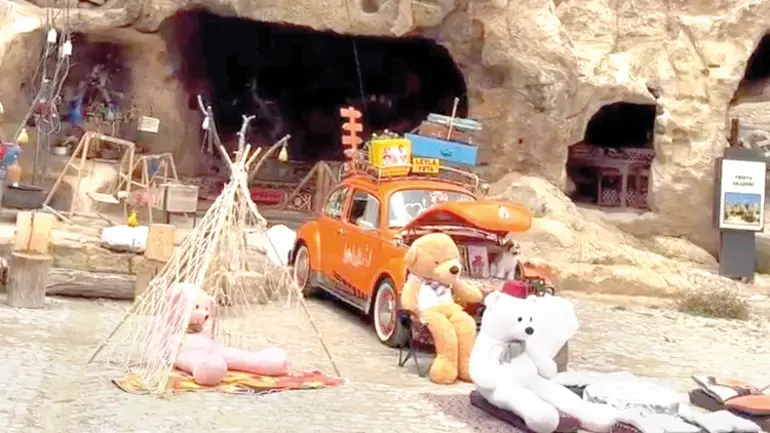
Prof. Havva İşkan, one of Türkiye’s leading archaeologists, also denounced the actions:
“These tombs have deep spiritual value. Drilling into sacred rock to install electricity is appalling. They’ve unfortunately turned a site of cultural heritage into a theme park.”
Ministry Takes Swift Legal Action
Türkiye’s Ministry of Culture and Tourism quickly launched an investigation into the unauthorized modifications. According to Birol İnceciköz, Director General of Cultural Assets and Museums, earlier warnings and inspections had been evaded as the café operators removed evidence before visits.
“Although the land is privately owned, the rock tomb itself is a registered archaeological asset. All infrastructure changes were illegal,” İnceciköz confirmed. “We’ve begun legal proceedings and are actively monitoring the site.”
Local museum officials treated the social media footage as an official complaint, and authorities have since restored the tomb to its original state. Furnishings and electrical installations were removed entirely.
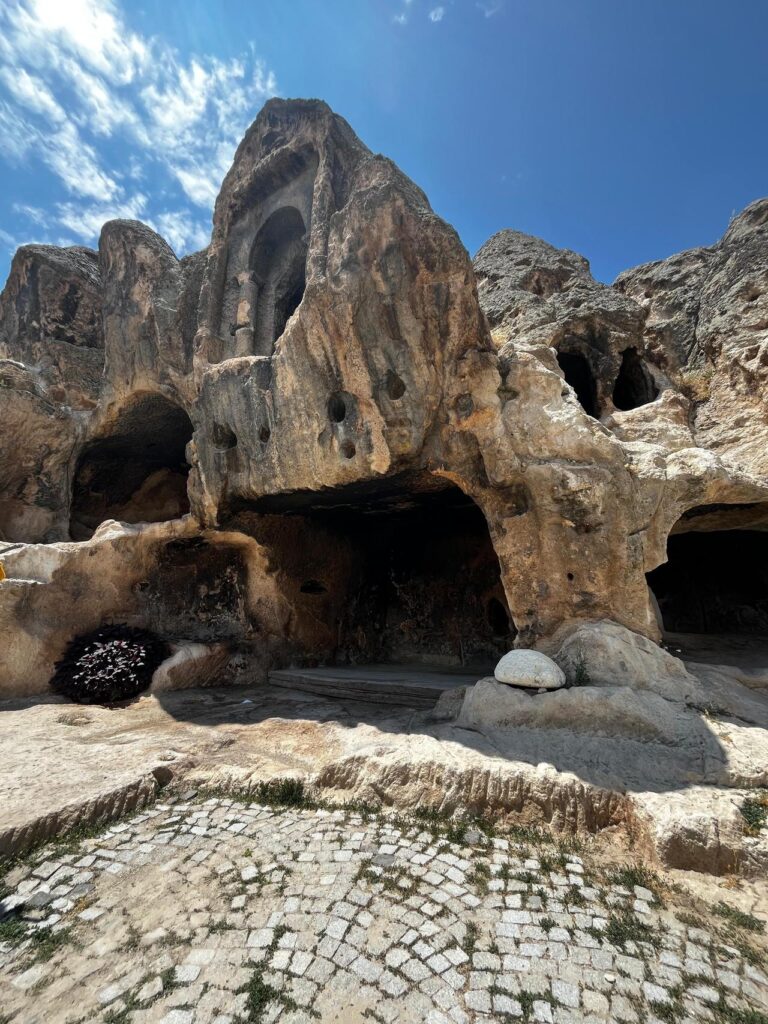
Owner Claims Good Intentions
Despite the backlash, the café’s owner Halil Çakmak insisted that there was no ill intent.
“We just wanted to help the local economy and tourism,” he said. Çakmak claimed to have applied for usage permits and noted that a compensation fee (ecrimisil) was paid for some operations—though not specifically for the tomb area.
He added that while their business will continue in the general vicinity, all activities inside the tomb have ceased.
Cover Image Credit: Selim Uzun – Hürriyet

